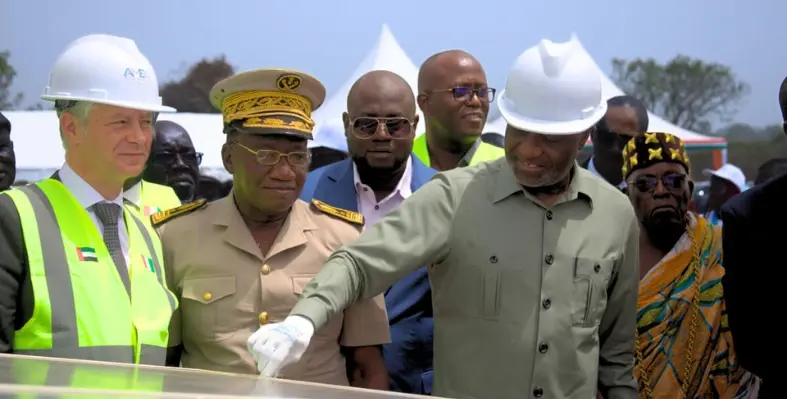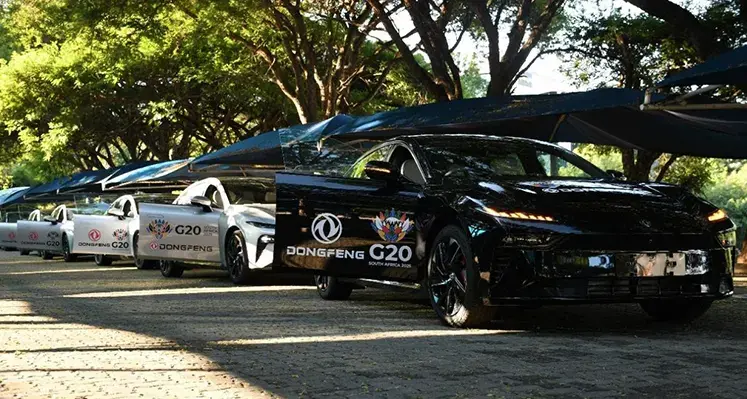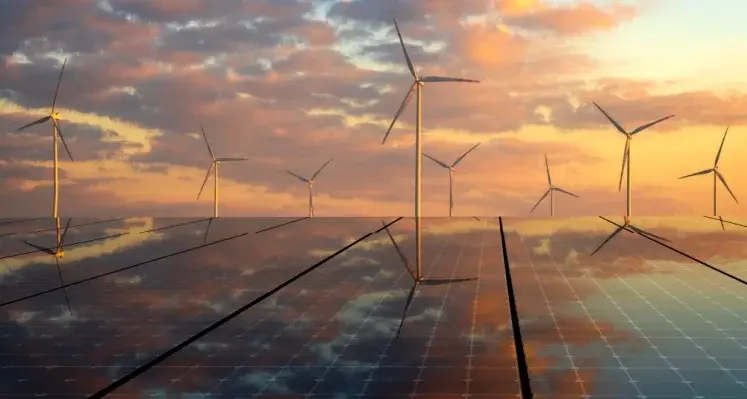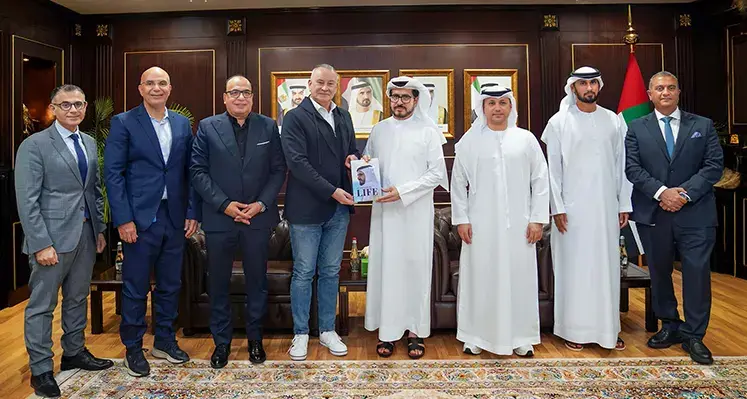AMEA Power has reached a key milestone in the development of its 50MW Bondoukou solar photovoltaic project in Ivory Coast, having secured financial close while advancing major construction works on site.
The project is being developed by AMEA Goutougo, a locally registered project company wholly owned by AMEA Power. Situated in the north-eastern Gontougo region, the solar plant is expected to produce around 85 GWh of clean electricity each year.
Once operational, it will supply power to approximately 358,000 households and reduce carbon emissions by more than 52,000 tonnes of CO2 annually.
To maintain project momentum, AMEA Power began early construction activities earlier this year, moving ahead with critical works before financing was finalised. With financial close now in place, the project enters its main execution phase, allowing construction activities to scale up and progress at pace.
The $71.8mn development is being financed by development finance institutions FMO and DEG, underlining continued international backing for Ivory Coast’s renewable energy strategy and confidence in AMEA Power’s delivery capabilities across Africa.
Progressing the region's power facilities
The Bondoukou project aligns with the Government of Ivory Coast’s target to increase renewable energy’s share of the national power mix to 45% by 2030. By adding utility-scale solar capacity, the project will help enhance energy security and reduce dependence on thermal power generation.
Scheduled to begin operations in early 2027, the plant will become AMEA Power’s first operational asset in Ivory Coast. The company is also progressing a second 50MW solar PV project in the country, signalling its longer-term commitment to expanding clean energy capacity in West Africa.
Commenting on the milestone, Hussain Al Nowais, Chairman of AMEA Power, said, “This milestone marks an important step in the delivery of our solar project in Ivory Coast. By progressing early works ahead of financial close and now moving into full-scale execution, we are demonstrating our long-term commitment to the country’s clean energy transition. This project reflects our ability to deliver with pace, discipline and partnership, bringing lasting economic and environmental benefits.”
Beyond power generation, the project is expected to deliver socio-economic benefits through job creation during construction, with an emphasis on local employment, skills development and knowledge transfer. AMEA Power will also roll out community investment and development programmes aimed at delivering lasting positive outcomes for surrounding communities.











